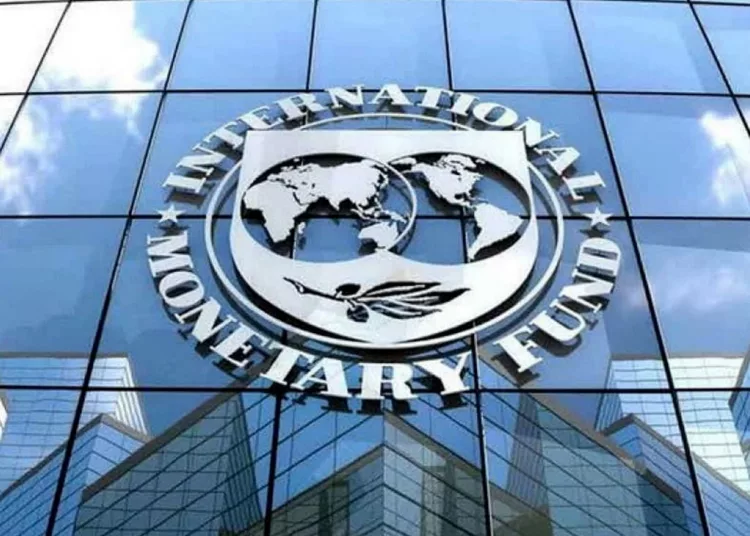The International Monetary Fund (IMF) has revised its growth forecast for Nigeria’s economy upwards, projecting 3.4 per cent GDP growth in 2025 and 3.2 per cent in 2026.
The Fund has also called for structural and institutional reforms across sub-Saharan Africa, as the region grapples with complex economic challenges.
According to the IMF’s latest World Economic Outlook (WEO), with the title, “Global Economy: Tenuous Resilience amid Persistent Uncertainty,” the upgrade represents a 0.4 percentage point increase from the earlier 3.0 per cent growth forecast for 2025.
There is also a 0.5 percentage point upward revision from the 2.7 per cent projection for 2026, which was published in the April edition of the World Economic Outlook.
Division Chief of the Research Department at the IMF, Deniz Igan, speaking on the sub-Saharan Africa (SSA) region during the virtual unveiling of the WEO update, said: “Given the challenges sub-Saharan Africa is facing, this is an important pillar for renewed growth in the region. There is a need for both structural and institutional reforms. And what we mean by that includes, for example, further regional trade integration.
“More investment in transportation infrastructure is another. And reform of state-owned enterprises, especially in the energy and transportation sectors, is also a priority,” she said, stressing the importance of equitable fiscal reforms and noting that efforts to raise revenues must avoid deepening inequality or triggering social unrest.
Igan advocated for removing poorly targeted tax exemptions, increasing reliance on progressive income taxation, and building public trust through transparent governance. According to her, engaging stakeholders and sequencing reforms carefully will be essential to protecting vulnerable groups and ensuring broad-based support for policy changes.
“Now we understand that, on the fiscal front, with high debt levels, there is a need to mobilise revenues, and that can generate a sense of unfairness and inequity that could create social backlash. On that front, our advice has been for the design of fiscal reforms that are equitable and efficient.
“What we have in mind includes removing poorly targeted exemptions in the tax code, making greater use of progressive income taxes, and building trust and support – as detailed in our October 2024 report – by engaging with stakeholders, listening to their concerns, improving governance, and protecting the vulnerable, while at the same time bundling, sequencing, and pacing different measures to ensure that the most vulnerable in society are protected.”
On his part, the director of the Research Department at the IMF, Pierre-Olivier Gourinchas, reinforced the urgency of restoring fiscal space in many economies, warning that high debt levels and persistent deficits have left countries exposed to sudden shifts in global financial conditions. He emphasised that protecting central bank independence is critical to maintaining price stability and investor confidence.
“In too many countries, the combination of high public debt and still-elevated public deficits continues to be a cause for concern. The lack of fiscal space makes these countries especially vulnerable to a sudden tightening in financial conditions that increases term premia.
“Such tightening becomes even more likely if central bank independence, a cornerstone of macroeconomic, monetary, and financial stability, is undermined.
“Turning to policies, our recommendations continue to call for prudence and the need for improved collaboration. The need for predictable and stable rules extends to other areas of policymaking. It is important to reaffirm and preserve the principle of central bank independence.
“The evidence is overwhelming that independent central banks, with a narrow mandate to pursue price and economic stability, are essential to anchoring inflation expectations. That central banks around the world achieved a successful ‘soft landing’ despite the recent surge in inflation owes a great deal to their independence and hard-earned credibility.
“Restoring fiscal space remains a priority for many countries. Even where new spending needs are emerging, efforts must be made to implement gradual and credible consolidation while protecting growth,” Gourinchas said.





